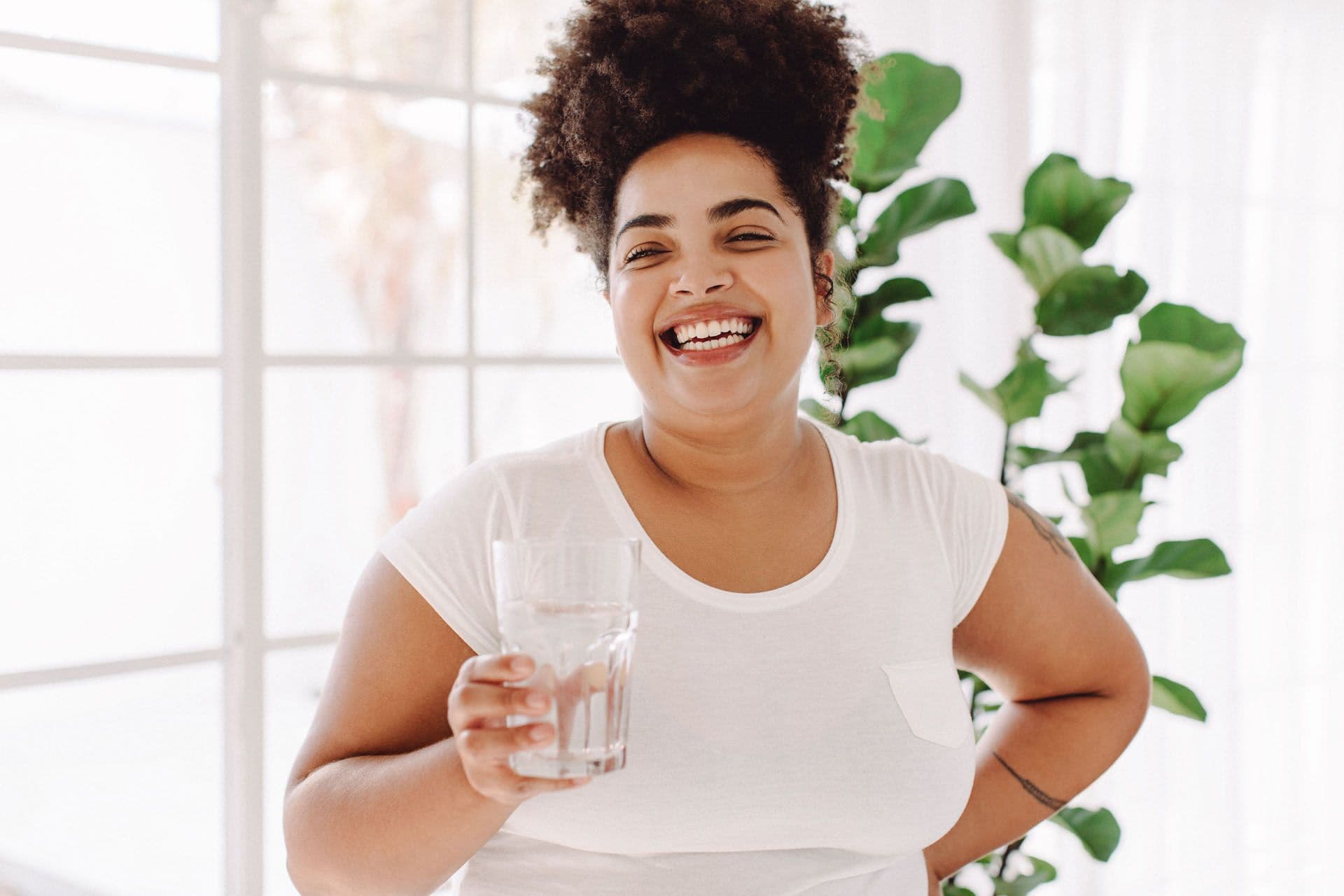Hydration: Why It Matters
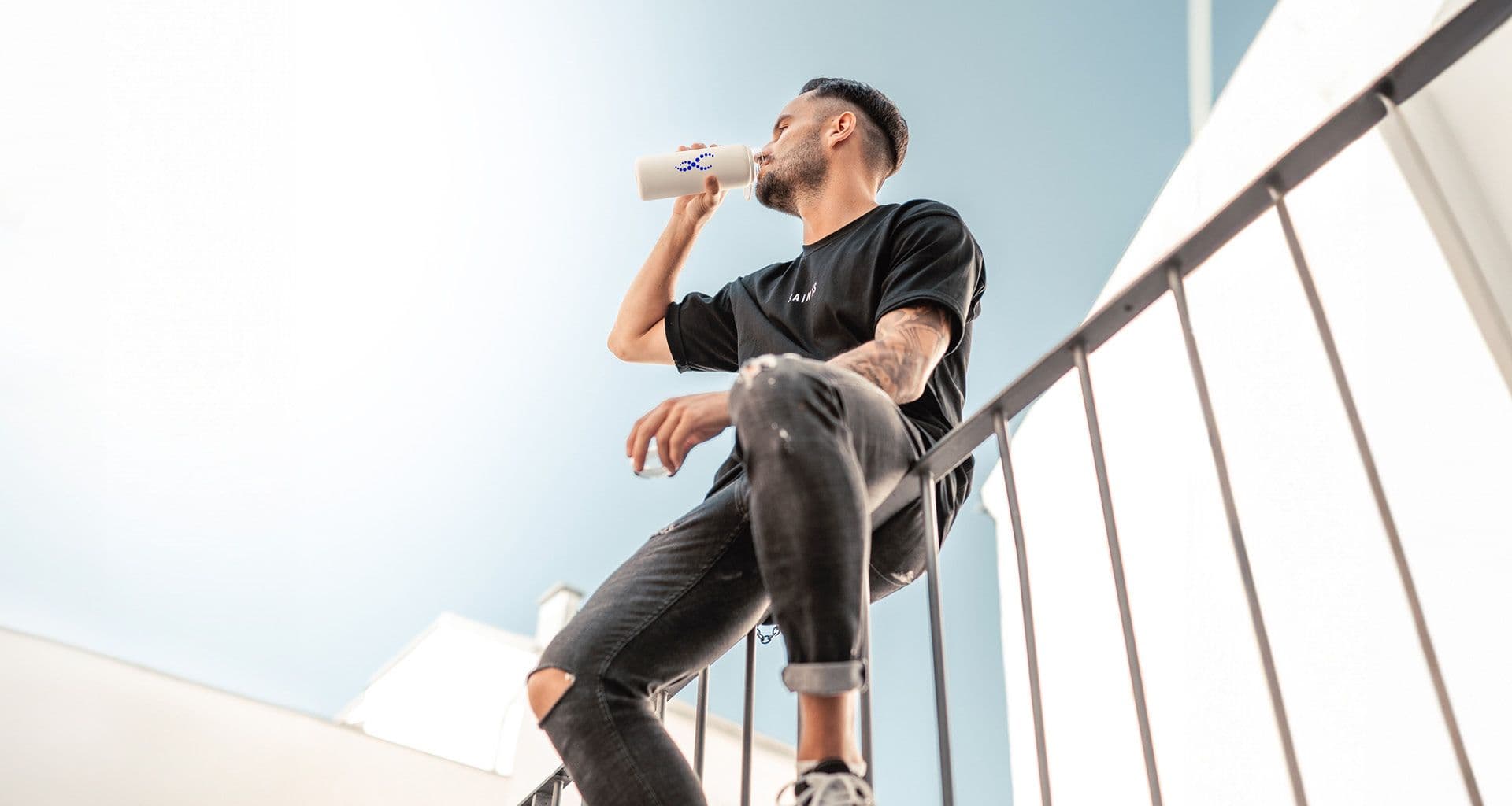
When it comes to hydration, there are two types of people. Those who carry a water bottle around with them, glugging at every reminder in their phone. And those who live a bottle-free existence and think a morning latte or a lunchtime cuppa will keep them hydrated.
But who’s right? How much is even enough to keep us hydrated and why is drinking water so important? Read on to find out …
Why is hydration so important?
Experts say humans could live for weeks without eating, although this is neither recommended nor scientifically proven (as any such study would be unethical). However, what is known is that humans cannot survive more than a few days without water.
“Water is essential to life. Without water our billions of cells would not exist, and we would not be able to carry out the many interactions that occur between them,” says Dr Michael Barnish, Director of Precision Health at REVIV Global.
Water regulates body temperature, lubricates and cushions joints, gets rid of waste through urination, perspiration and bowel movements. These are just some of the many biological roles listed by the CDC (Centers for Disease Control and Prevention).
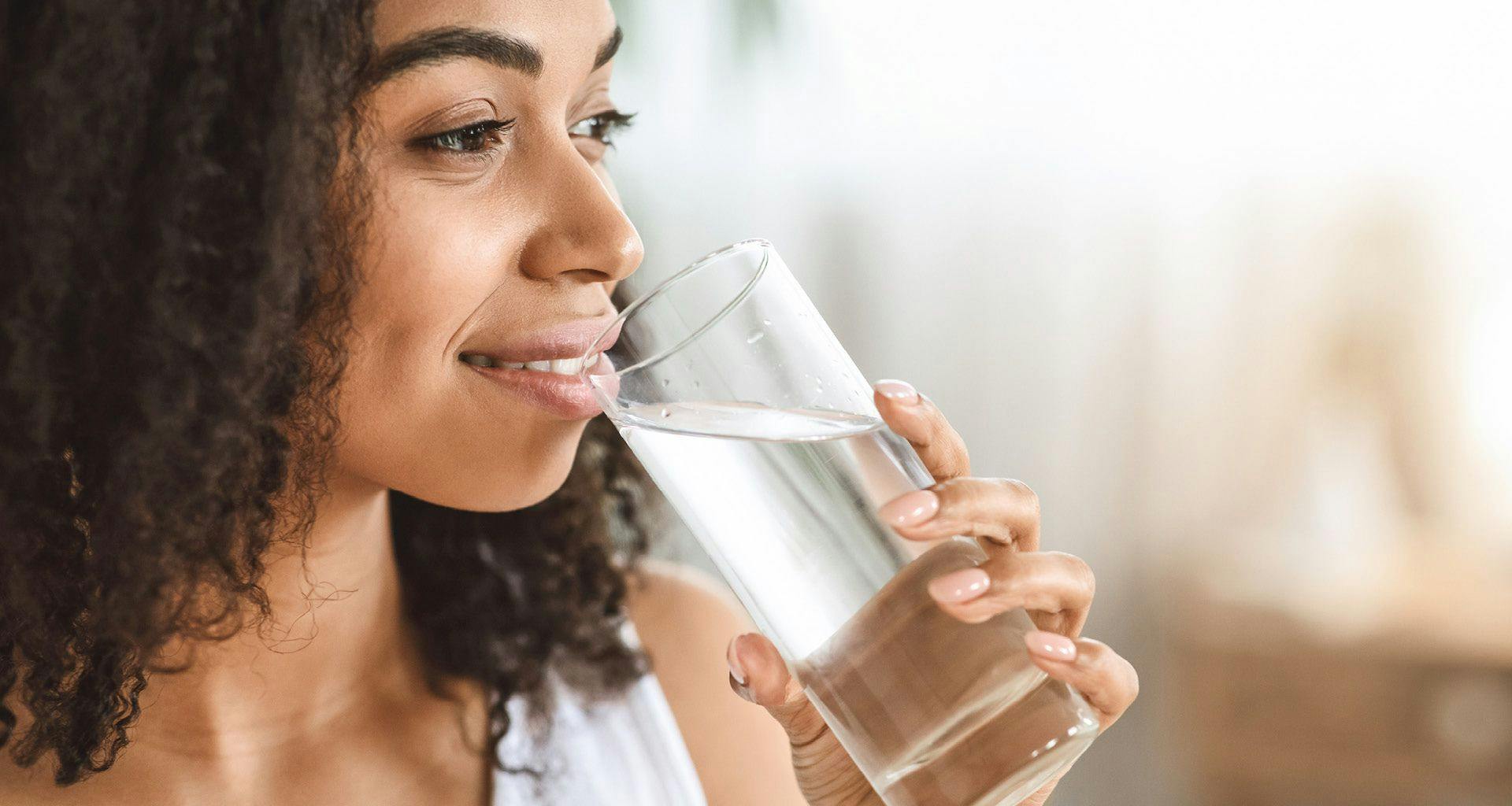
How much is enough?
There’s no official one-size-fits all recommended daily amount (RDA) when it comes to water.
“That’s because how much you need will differ depending on your age, your sex, the climate, how active you are, whether you’re breastfeeding – even your genetics can play a role in water requirements,” says Dr Barnish.
However, many trusted sources recommend aiming for around 2 liters of water daily for women and 3 liters daily for men – an amount considered ‘more than adequate’ by this study.
Of course, everyone is different so being aware of the signs and symptoms of dehydration is your best way to gauge if you personally are drinking enough.
Signs you may be dehydrated (not hydrated enough) include:
Feeling thirsty
Dark yellow, strong-smelling pee
Peeing less often than usual
Feeling dizzy or lightheaded
Headaches
Feeling tired or lacking in concentration
A dry mouth, lips and tongue
Sunken eyes.
‘Dehydration can be fatal", says Dr Barnish. “Mild dehydration is easily reversible by drinking water, but the effects of more severe dehydration can be long-lasting. Prolonged mild dehydration can interfere with normal cellular function and should be avoided or reversed,” he adds.
Use the color of your pee as a guide to whether you’re drinking enough – clear or light, yellow-colored urine means the person is likely getting enough fluid - dark yellow urine signals the person is dehydrated," says the CDC.
What to eat and drink to stay hydrated
You may think you’re drinking enough, but which fluids are you counting towards your hydration quota? Does tea and coffee count? What about alcohol? They are liquids, after all.
“Although it’s possible to get your fluid quota from all kinds of food and drinks – soups, stews, fruit and veg all help – some fluids can have a dehydrating effect,” says Dr Barnish.
Alcohol, coffee and tea have diuretic effects (causing the body to get rid of fluids). However, some studies show caffeinated drinks (in moderation) may still contribute to hydration levels.
"Staying hydrated when drinking alcohol is important, but drinking a high amount of alcohol regularly, or any high-sugar, high-caffeine drinks (such as soda, sports drinks, energy drinks) regularly is not going to result in good health outcomes, even if you hydrate with water.
“The best way to keep hydrated and help decrease the risk of dehydration is by drinking water each day along with a healthy, balanced diet,” says Dr Barnish.
There are other effective ways to hydrate or rehydrate, too …
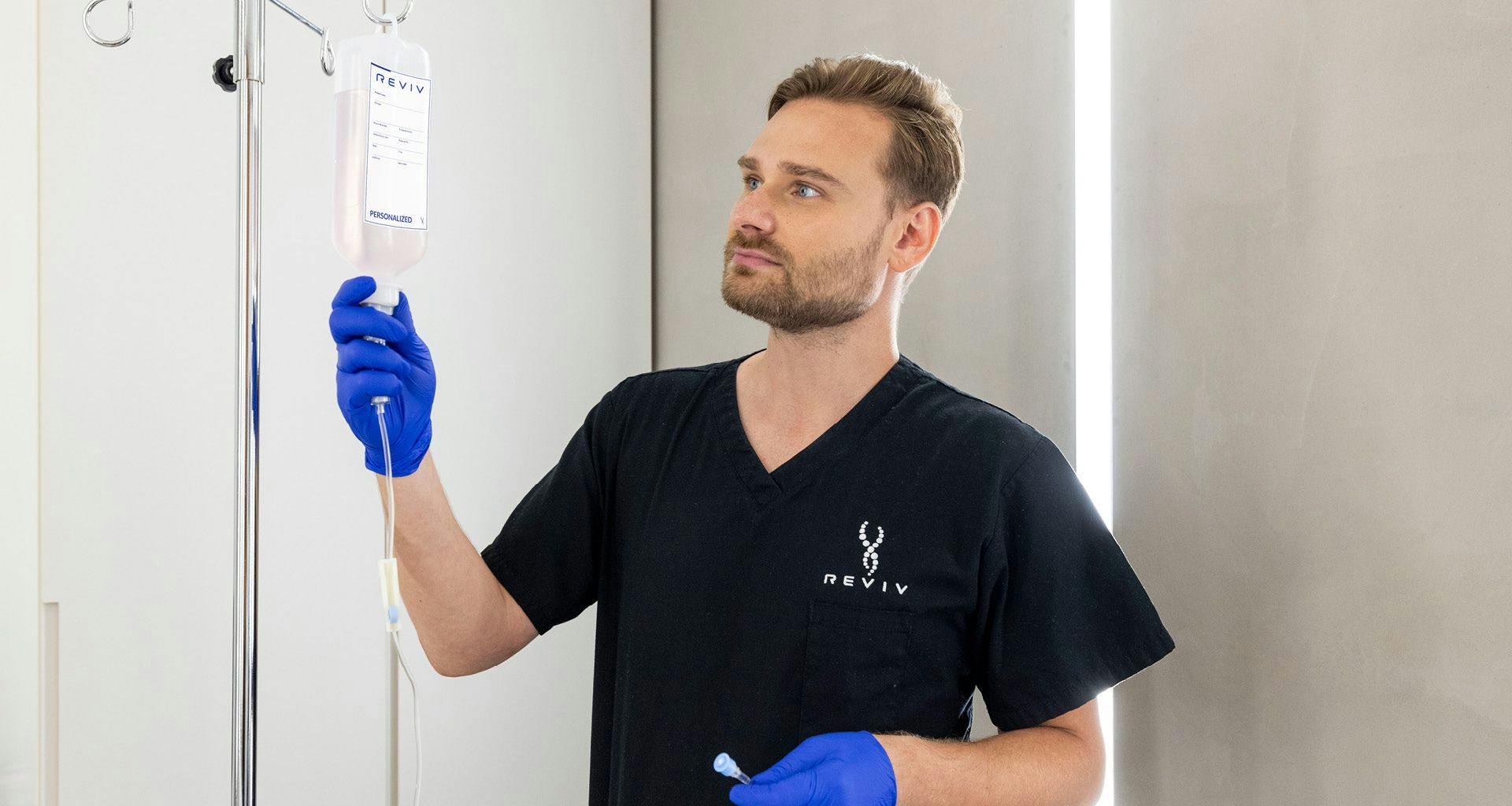
What else can help with hydration?
If you’ve ever been unlucky enough to go to hospital unwell, you’ll probably have been hooked up to an intravenous drip (IV) that gets fluids into your body fast.
That’s where the idea for REVIV IV drip therapies comes from. Over a decade ago, four emergency room physicians saw the preventative health benefits of elective hydration and wanted to make IVs accessible to the whole population. This gave people an option to fast and effectively treat their dehydration without requiring a visit to hospital.
Dr Barnish explains:
“IV hydration has been one of the main first line treatments in emergency departments for decades, as it is a far faster and more effective way to rehydrate the body when it is dehydrated. REVIV IVs use a normal saline solution, made up of 0.9% sodium chloride (salt) and water, that goes directly into the bloodstream, increasing the fluid volume around the whole body.”
As well as hydrating, IV drip therapy delivers nutrients such as minerals, vitamins and antioxidants directly into the bloodstream, which can also help to support our immune system and improve wellness. Win, win!
Can you ever be too hydrated?
Yes, says Dr Barnish who describes something called ‘fluid overload.’
“If it is not severe, typically this will resolve on its own over time, but can cause symptoms such as swollen fingers, bloating and fatigue,” he says.
This is why it is important to have IV drip therapy under the supervision of trained medical professionals, so they can use their experience to establish the safe fluid volume for you, based on your medical screening undertaken.
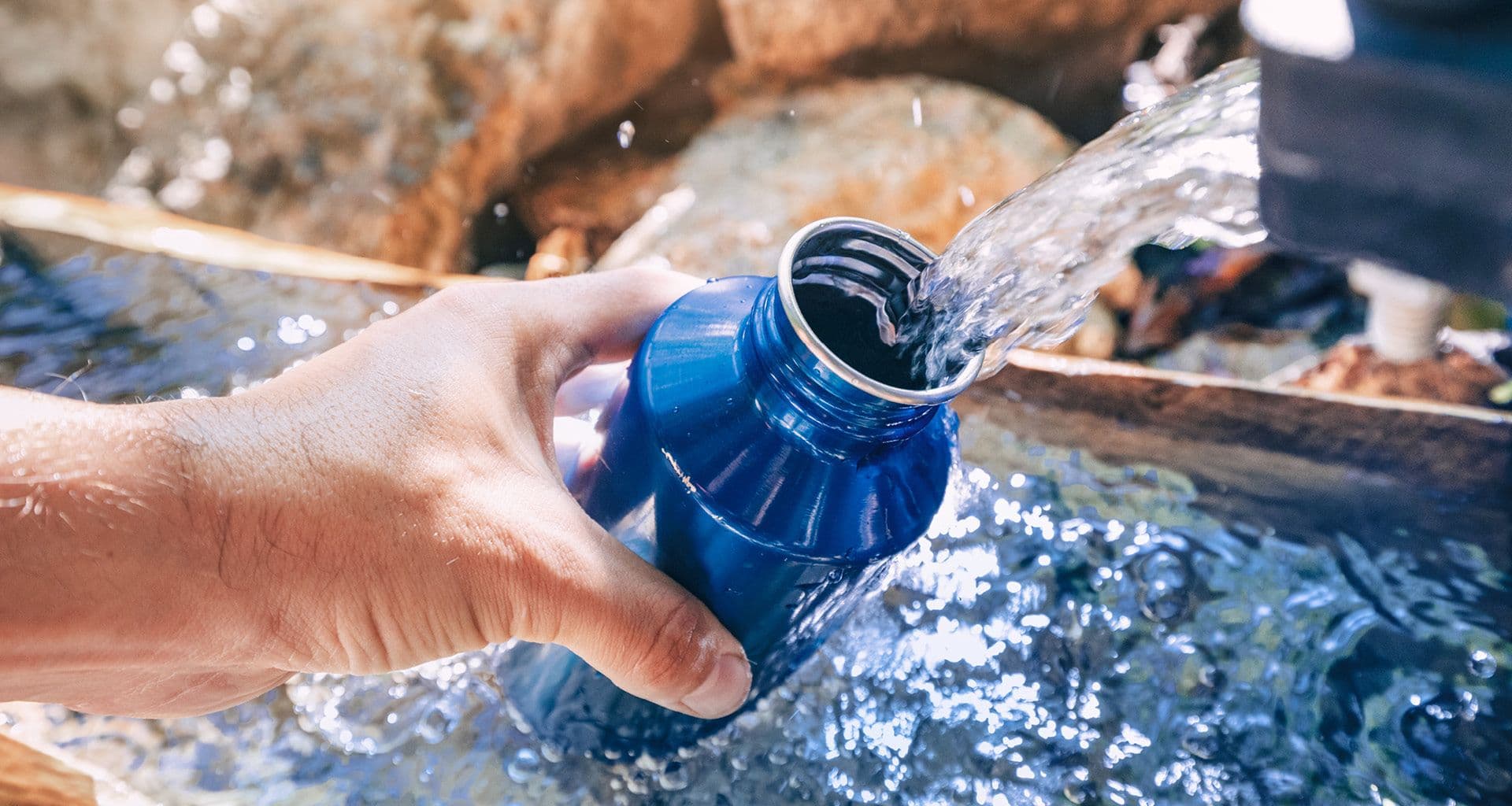
How do you stay hydrated on holidays?
Crowded airports, hot, stuffy, air planes with recirculated air – by the time you’ve landed on holiday you’re probably already dehydrated.
According to the World Health Organization (WHO), you should drink about 250ml of water per hour of flight time, or more if you feel thirsty or drink alcohol.
NHS Fit For Travel advice says you should try to drink plenty of clear fluids, such as water, during long flights and limit how much alcohol and caffeine you drink.
Dr Barnish says IV drip therapy can help play a supporting role in holiday hydration and overall wellness.
“Having an IV just before and after a holiday can help support the immune system and correct any dehydration prior to travel. It’s something I always do before travelling,’ he says. ‘Additionally, dehydration can make the effects of travel worse. So, rehydrating following a long-haul flight may help to minimize any symptoms you might experience.”
How to keep hydrated in heatwaves
If you’re heading to Italy, Spain, Croatia, Greece or any of the other European countries currently affected by this summer’s heatwave, hydration is paramount.
But, rather than focusing on a specific amount to drink, heatwave experts advise drinking more than you normally would, not just to be hydrated but to stay that way.
Always keep a water bottle with you, take regular sips and keep an eye on the color of your pee. As mentioned above, this is the best way to monitor whether you’re hydrated enough or are dehydrated and therefore need to drink more water.
Staying out of the sun and direct heat is also essential – the more you sweat, the more fluid you lose, which only leads to dehydration if you’re not replenishing it fast enough.
For the ultimate in hydration try REVIV’s Hydromax IV, specifically designed for hydration and to support your body’s metabolism.
Subscribe to our newsletter
Get the latest articles and updates straight to your inbox.
SIMILAR NEWS
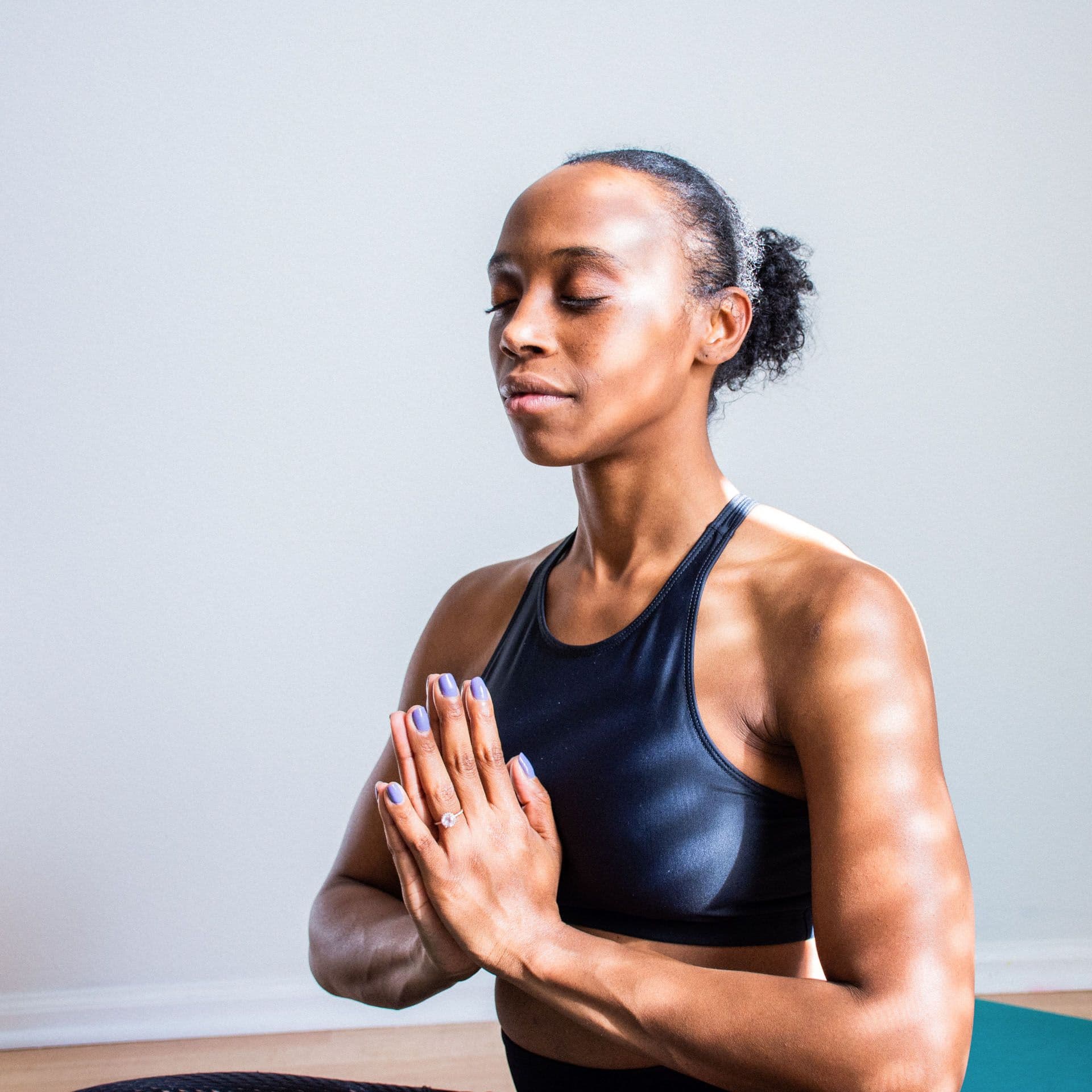
Can Glutathione Help With Skin Pigmentation And Psoriasis?
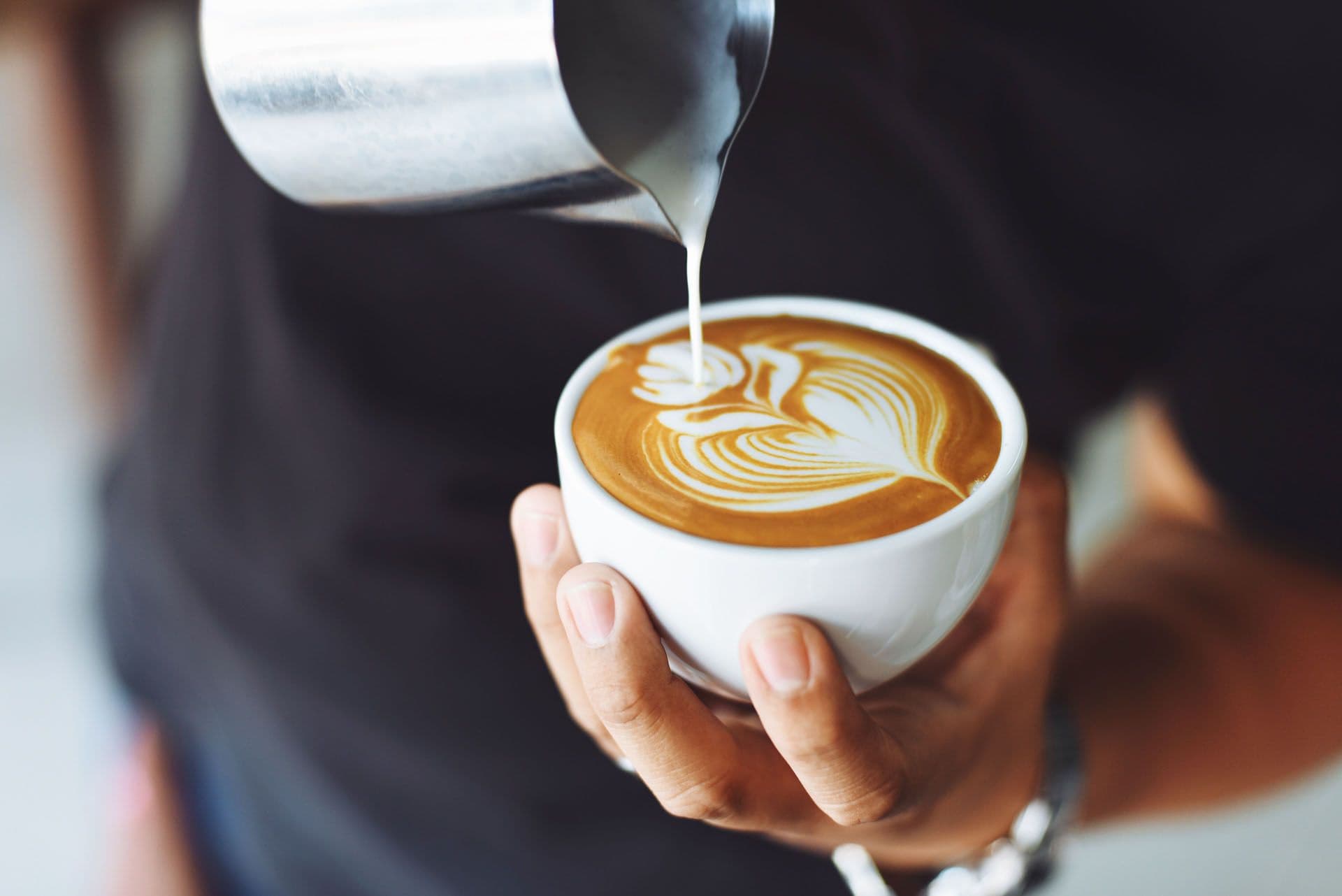
Coffee. Is It Good Or Is It Bad? The Verdict
SEPTEMBER 29, 2020
It is an age-old question. Is coffee good or is it bad for you. Well the answer is absolutely locked within your genes. Genetic advances have made it now common place to explore the secrets within your genetic make-up. Revealing whether coffee is good or bad for you is one of the nuggets of information that can be discovered.
